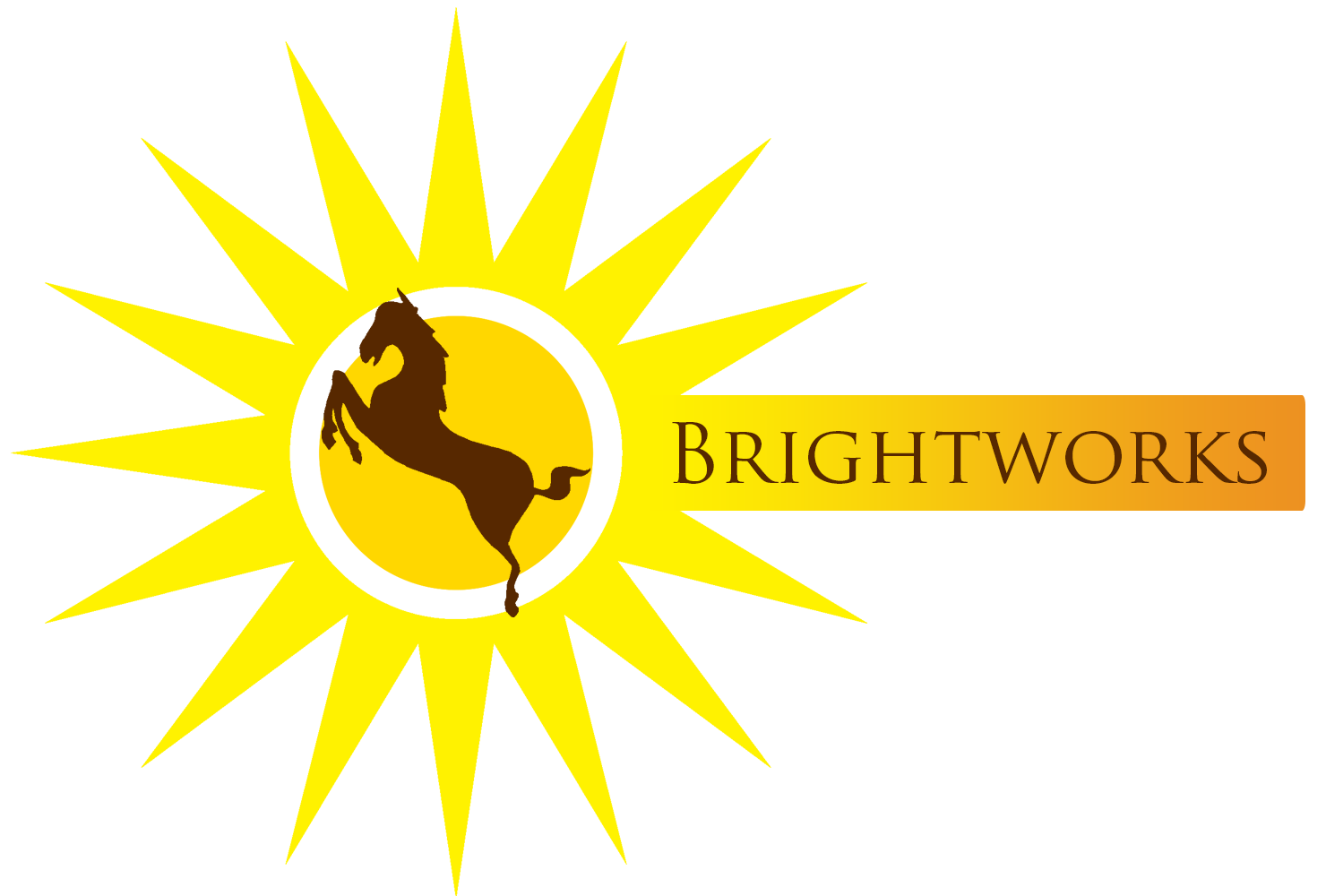Why Do Companies Have A Longer Hiring Process Than Others?

You hope the hiring manager will contact you as quickly as possible after you submit your application papers or attend a job interview.
However, according to Indeed, just 4% of job applicants get a response within the desired one-day window. 37 percent of applicants got a response within a week after applying, compared to 44 percent who had to wait many weeks.
The period following the interview also varies greatly. The National Association of Colleges and Employers reports that the typical new college graduate receives a job offer 24 days following the interview (NACE). According to Glassdoor, it takes businesses 23.8 days on average to extend offers.
The length of time it takes to obtain a job offer also depends on the sector you work in. In order to determine how long the hiring process takes, LinkedIn examined 400,000 confirmed hires on its site in August 2021. They discovered that the hiring processes for engineering and research took a median of 49 and 48 days, respectively, while the processes for administrative and customer service roles took a median of 34 and 33 days, respectively. According to a 2017 survey by DHI Group and Workable, it can take as little as 12.7 days on average to fill a post in the construction industry, but it can take up to 44.7 days to do so in the financial services industry.
Why does it take so long for businesses to hire applicants if they are so eager to fill available positions? Here are the reasons why.
1. Fear of a bad hire
Businesses are cautious about hiring someone who is unfit for their position since doing so costs them time and money. Compensation, training, learning, and development expenses, disruption costs, and lost business opportunities are additional costs related to turnover. The length of time it takes to fill a position also relies on the type of position; the more specialized or niche the position, the longer it will take to locate the ideal applicant.
2. Additional screenings that might be holding up the hiring process
Timelines for hiring are lengthening, in part because businesses have more tools at their disposal to make sure candidates are suitable for the job. First-time recruits should be more carefully vetted to prevent turnover and the need for organizations to start again.
Therefore, a lot of businesses are making time-consuming background checks, ability evaluations, and personality tests a part of the hiring procedure.
3. Long interview process
You can have a long wait if you’re the first applicant in a job interview. You could be the first interviewee in a lengthy line of candidates and setting up interviews with the hiring manager and other important people can be a difficult procedure that might take weeks.
Not to mention the fact that some companies use follow-up interviews to further separate the best applicants from one another.
The business is probably also reviewing the references of the best prospects. This procedure might take a while, especially if recruiting takes place during popular vacation times or holidays.
Additionally, the company requires time to draft the offer. Obtaining approval from a number of people may be necessary in order to determine the compensation and perks for applicants.
Instead, the recruiting manager could be conducting interviews for several open positions, which would indicate that filling your function isn’t their top priority.
Important to realize that hiring timelines are estimates
Companies frequently let job seekers know how long they might anticipate having to wait for an offer. Although businesses should be careful to at least make an effort to stick to their timeline, this is merely an estimate. If not, you might want to think again before accepting a position with a company that “breadcrumbs” you.
Why may businesses fail to meet the timeframes they specified during the interview?
One possibility is that they may have made the offer to a different finalist and are awaiting their response before rejecting other candidates. Alternatively, even after the organization has interviewed applicants, internal circumstances could have changed.
CONCLUSION (Job offers are not offered overnight)
Companies may not respond soon enough to hurried job applicants for a variety of reasons. A lengthy recruiting process, however, may be a good indicator if they treat you with respect.
You don’t have to sit there and do nothing while you wait. After an interview, you should get in touch with your firm contact within ten to two weeks. Additionally, you should keep looking for jobs regardless of how well you believe you performed in an interview since you won’t know whether you’ve received a job until you receive the offer.

